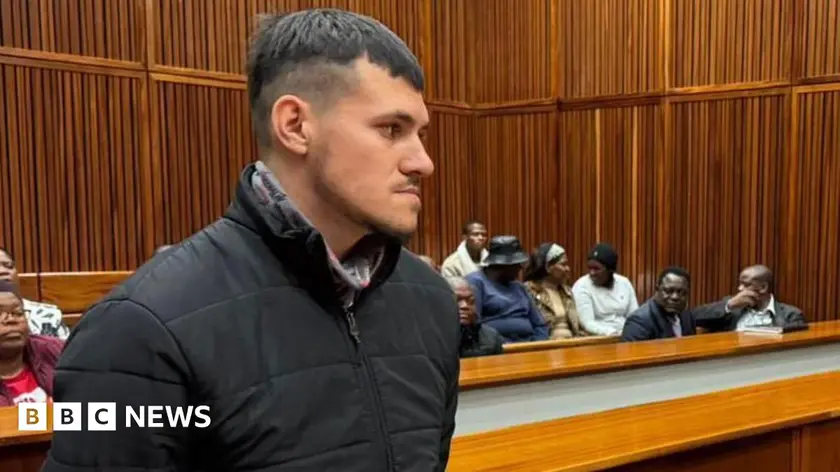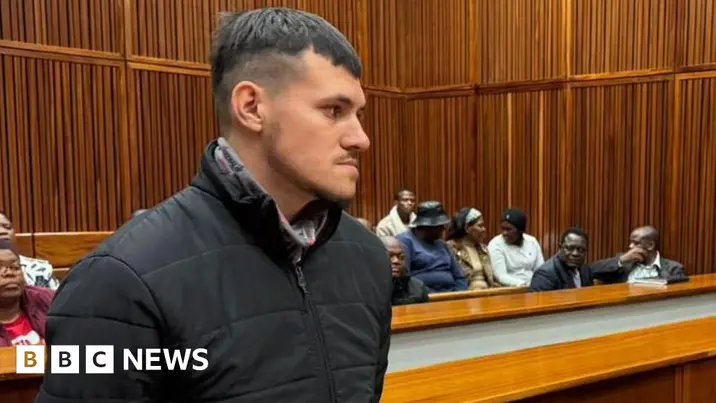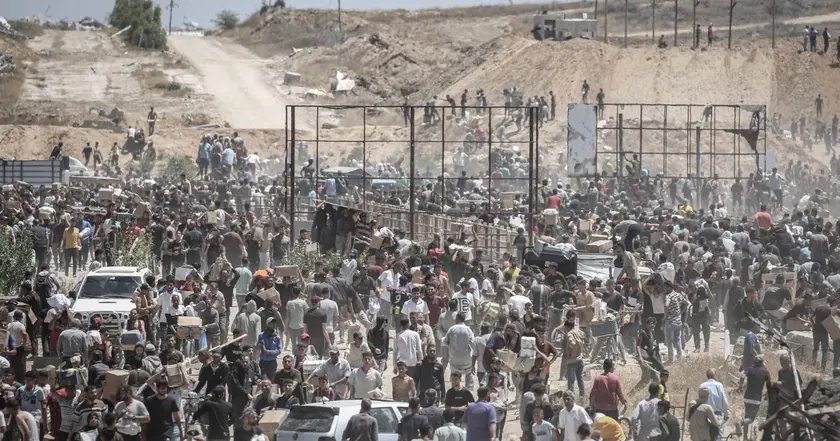T4K3.news
Adrian de Wet walks free as state witness
Adrian de Wet will testify in the murders of two women and has been released from custody ahead of trial.

Adrian de Wet claims he was forced to dispose of the bodies of two murdered women.
Adrian de Wet becomes state witness in South Africa pig farm murders case
Adrian de Wet, a supervisor at a pig farm in South Africa, has been released from custody after agreeing to testify against his co-accused in the murders of two black women in August 2024. His defense claims he acted under duress when disposing of their bodies. This decision has sparked anger, particularly from the family of one of the victims. Meanwhile, the trial's progress highlights the ongoing racial tensions in South Africa, where issues of land ownership and crime continue to fuel discord. The case is set to return to court on 6 October.
Key Takeaways
"The release of one of the men allegedly involved in the killing of his sister means justice will not be served."
This reflects the disillusionment of victims' families with the justice system.
"The case has caused widespread outrage across South Africa."
This highlights the societal impact of the trial on racial relations in the country.
"Most private farmland remains in the hands of the white minority, while most farm workers are black and poorly paid."
This statement underscores the historical context of land ownership in South Africa.
"Adrian de Wet will be taken into protective custody until the end of the trial."
This indicates the seriousness of the threats surrounding this high-profile case.
The release of de Wet as a state witness represents a complicated intersection of justice and societal tension in South Africa. His testimony may bring crucial insights into the case, but it raises questions of accountability and moral obligation. The public outrage surrounding this incident illustrates the lingering impacts of apartheid-era racial disparities, particularly in rural regions where tensions between black farm workers and white landowners continue to simmer. This trial could set a critical precedent in how such cases are handled in the future.
Highlights
- Justice remains an illusion for families of victims.
- Racial tensions still simmer beneath the surface.
- This case highlights deep social divides in rural South Africa.
- Will this trial truly address the community's concerns?
Concerns over racial tensions and justice
The trial is causing heightened outrage and may fuel existing racial tensions in South Africa. This situation is sensitive due to ongoing disparities in land and income.
The unfolding trial remains a focal point for discussing race and justice in South Africa.
Enjoyed this? Let your friends know!
Related News

Adrian de Wet is granted immunity as state witness

Reports reveal abuse of Venezuelan detainees in El Salvador

NBA offseason grades reveal team performances

Venezuelan Men Share Abuse Stories Post Deportation

Israeli Forces Face Allegations of War Crimes

Passengers flown to wrong Spanish island

Jet2 passengers fly to wrong destination after boarding error

Comedian Thais Bonatti killed in tragic accident
